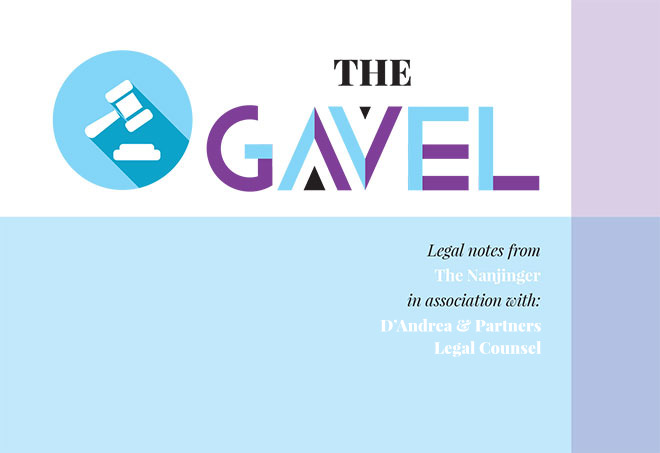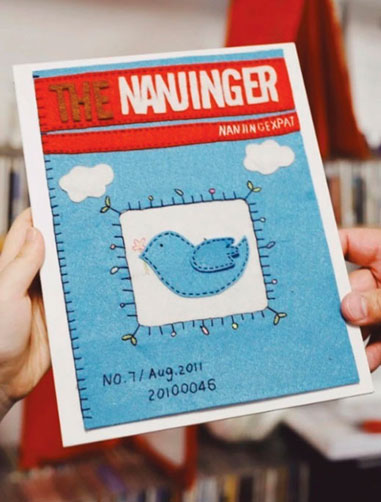Everyone who is lucky enough to have known their grandparents has certainly asked them how communication worked in the past.
The many tales of love letters and how long and exciting it was to wait for your beloved one’s reply. Each single word that was written down, black on white on a piece of paper, was meaningful and enriched with feelings.
If you had lived during those times, you would have thought twice before sending any such content out straight away, as we do nowadays. As methods of communication have evolved from email, SMS, up until now, where we have instantaneous communication service platforms, such as China’s famous WeChat.
WeChat has become the social infrastructure for all kinds of communication; not only conversations between lovers, but also in regards to general daily conversation and business negotiations.
- China’s All Singing, All Dancing Regulations
- Cookies and Personal Data Protection
- The Mystery of the Drunk-Driving Litchi
As the traditional Chinese saying goes, “where there are people, there is dispute”, while using WeChat, disputes are bound to follow. In such cases, can WeChat records be used as legal evidence to settle disputes?
According to relevant regulations of the People’s Republic of China, WeChat records can be deemed as digital evidence, but in order to become so, three basic conditions need to be fulfilled:
Authenticity ~ Relevance ~ Legitimacy
The first is obvious; the content of the WeChat message shall be authentic. The content shall be also relevant and last but not least, possess legitimacy, which is, in practice, quite easy to comply with.
When communicating via WeChat, both parties engage knowingly and willingly. Records of such do not involve privacy violations or illegal recordings, and shall hence be deemed legal. However, as with a relationship going through hard times, the main difficulties still exist, namely the proving of authenticity and relevance.
What Can We Do?
Maintain the completeness of WeChat evidence, utilise the “favorite” function in WeChat to store original records and conduct regular backups of WeChat record to avoid data loss caused by device or system malfunction.
Try to clarify the identification information of counter-parties during the WeChat communication. For example, you can directly ask the counter-party to acknowledge their identity, or you can use the avatar or “Moments” of the counter-party in order to verify their identity, according to legal precedent.
- Sexual Harassment & Other Illegalities in the Gyms of China
- Laws of Living; 4 Top Legal Concepts for Foreigners in China
- AI Face Swapping; the Legalities of Personal Data Security
WeChat text dialogue shall be clear, accurate and definitive, while emoji’s and pictures should be used with caution, especially to deliver explicit information. Audio quality in dialogue should be clear and it would be better if it is coupled with subsequent written confirmation.
WeChat is but one example of this different side of instantaneous communication services and that which is under the surface of a simple message.
Therefore, it is recommended to be careful when writing messages and to think twice before pressing “Send”. Perhaps it is for these reasons that both WeChat and QQ have provided us with the “Recall” option for our messages? In this case you have a pre-defined short period to change your mind and take back what you have written.
If you are lucky, your conversation partner has not read your message yet (or taken a screenshot); regardless, they can already see that you have “recalled the message”.
What if we had lived in our grandparents’ times? You had the chance to rip up the paper and re-write again, but, what if you already sent out the message? Well, in that case, you only had the hope that the carrier pigeon got lost on its journey.
DISCLAIMER
This article is intended solely for informational purposes and does not constitute legal advice. Although the information in this article was obtained from reliable official sources, no guarantee is made with regard to its accuracy and completeness.











